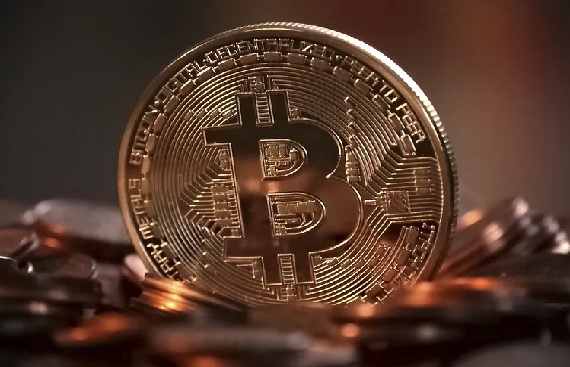Does Bitcoin Need the Internet to Operate?

Bitcoin's success has left many no-coiners bitter and looking for a way to undermine it. The most common methods involve narratives such as government bans, environmental concerns, and the dreaded what if they shut down the internet thought experiment.
Because the traditional financial system relies heavily on the internet, the only way to get to Bitcoin is through mutually assured destruction. You can invest in Bitcoin technology today via quantum ai app. But that's beside the point; Bitcoin cannot exist without the internet. But that is far from the truth. Bitcoin can survive even without its internet connection.
Firewalls by the Government
In an age when governments are eager to censor or shut down networks, it is reassuring to know that Bitcoin can run on minimal infrastructure and adapt to different network connections. If your country, for example, prohibits Bitcoin transactions and attempts to erect a firewall blocking specific websites, exchanges, or wallet providers, you will not be isolated.
You can always use a VPN to connect to those servers or run your node over a Tor connection to access the Bitcoin network and any of their second-layer protocols, such as the Lightning Network or Liquid Network.
Internet Censorship by the Government
People should not take governments lightly, and censorship or network shutdown knows no bounds. We've seen it happen in Egypt, where the government chose to shut down the internet for five days during the 2011 protests. You can naturally switch to mobile or satellite internet if your physical internet connection is lost.
There are services, such as the Blockstream satellite, that you can order and connect to for Bitcoin transactions. This option necessitates the use of specialized equipment to receive the signals. Furthermore, the initial synchronization must take place over the internet, so it's not something you can order and set up quickly if you're in the internet dog house.
Total Internet Outage
The worst-case scenario would be a total internet blackout in your country, with no physical, mobile, or satellite connections; this would almost certainly cause massive societal unrest. However, Bitcoiners should still be able to conduct transactions, albeit with some difficulty.
The ability to spend your Bitcoin when no one else has access to anything but physical money can be a lifeline. In this case, you could conduct Bitcoin transactions via SMS or radio.
What Bitcoiners Should Know About Internet Outages
The majority of Bitcoin transactions take place over the internet. If the internet goes down in a single country or region, Bitcoin may be slightly affected but will continue to run because the rest of the network participants are unaffected.
That is not to say it would not impact the network; metrics such as hash rate would drop, lowering network security, and unrest would drive some to sell, reducing prices.
However, the network should continue to function normally. Because using the internet in Bitcoin transactions is critical, users should expect problems with Bitcoin reference metrics, but the network itself will be exemplary.
Bitcoin Cannot Exist Without the Internet
The internet's massive multilayer impact on Bitcoin is undeniable. I don't deny it; the network's operations and public trust would suffer significantly. Bitcoin is a digital-only currency, and the strong internet rails provide Bitcoin with the support it requires to function as an effective global means of transaction. The internet allows users to use it for trading and as a means of exchange when purchasing goods and services.
Incorporating Anti-fragility into Each Layer of Bitcoin
Bitcoin's creators had the internet in mind, but it has made provisions to exist in both the digital and analog worlds. The Bitcoin network's insistence on running the protocol on low-tech devices improves decentralization and allows more devices to connect to the network.
I'm not saying the Bitcoin network wouldn't suffer if the internet went down, and I'm not saying these contingency plans are complete. I'm saying that options exist, and people are working on them to ensure that the Bitcoin network is truly unstoppable.
